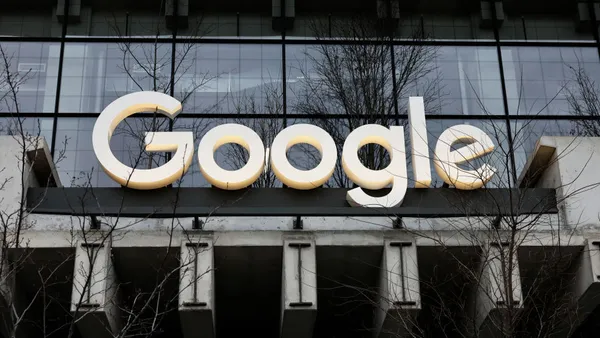Dive Brief:
- Nearly three-quarters (74%) of major multinational brands are reviewing their current agency arrangements, according to newly-published research by the World Federation of Advertisers (WFA) and The Observatory International. Clients rated their current arrangements at a 5.7 on a 10-point scale measuring "fit for purpose."
- The report, titled "The Future of Agency Rosters," found that agencies rated the same setup as a 5.2 out of 10. Nearly 60% of brands reported wanting to reduce the number of agencies on their roster, and more than 50% were planning to increase the number of specialists that they use. The most prominent agency model is "multiple agencies managed individually by marketing," which accounted for 81% of agency-client relationships, followed by "integrated lead agency" at 44%. A "network agency with specialisms from same holding company" setup landed at 39%.
- Eighty-four percent of companies and 71% of agencies think that agencies are struggling with marketing technology. Agencies said that clients don't always give them the right tools to get results, with 51% saying internal structures hinder collaboration. Other issues were poor quality briefings (49%), approvals and sign-off processes (40%), lack of trained staff (40%) and lack of a clear strategy (52%). About half of companies surveyed agreed that their internal structures can interfere with the ability to have an effective roster model.
Dive Insight:
The WFA research highlights the complex and often contentious relationship that exists between brands and their agency partners — tensions that have been exacerbated in recent years as CMOs are more often feeling the pressure to get a better handle on digital disruption and the data and new technologies that come with it.
The findings bring up a number of points that can cause friction, but also show that both agencies and brands assume some share of the responsibility for why campaigns may not always meet expectations. A bright spot for agencies is that 82% of brands think agencies are still relevant as marketing services providers, though they might need to continue to evolve and be more agile to preserve that relevancy.
"We are dealing with a fundamental shift in the way consumers behave and how they access media. Advertisers need to take the lead in developing a new kind of partnership if they truly want to achieve one to one marketing at scale," Roel de Vries, corporate VP and global head of marketing, communications and brand strategy at Nissan, said in a statement included in the report. "That requires new skills but also involves working closely with their agencies, which often have huge knowledge about the companies they work with."
More major brands are taking some functions, such as programmatic advertising, in-house. Others are greatly reducing their agency rosters in order to cut costs, eliminate redundancies and streamline workflows. Consumer packaged goods giant Procter & Gamble, often seen as a bellwether for the marketing industry, has said it will trim its agency roster by 50% over the next few years with plans to save $400 million. The company has already significantly reduced the number of agencies it works with since 2015.
The report additionally helps put in perspective the scope of advertising account reviews that have recently happened. High-spending marketers, including Ford, American Express and, reportedly, Nestlé, have all put large portions of their business up for review in the past few months alone.














